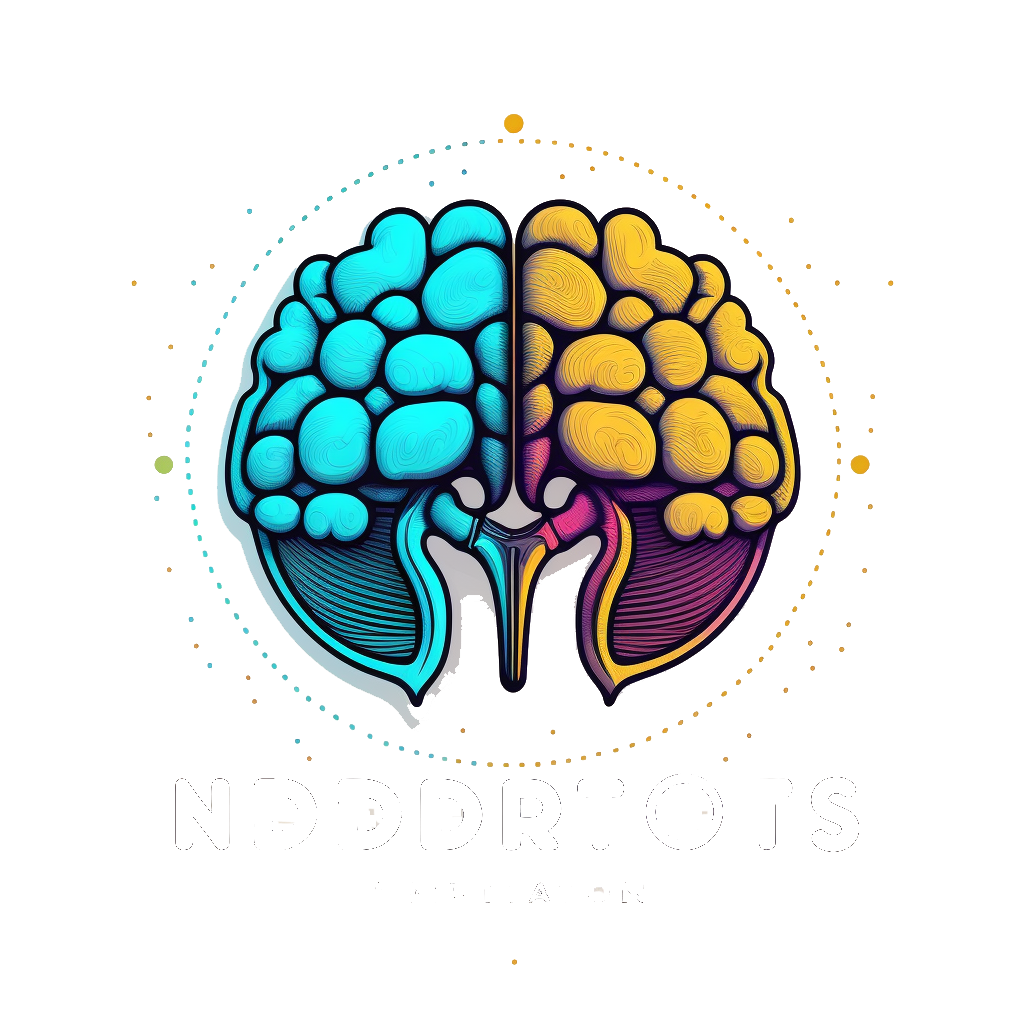Omega-3 DHA (docosahexaenoic acid) is a type of omega-3 fatty acid that is well-known for its numerous health benefits, particularly in relation to brain health and cognition. In this article, we will explore the benefits of omega-3 DHA as a nootropic, its recommended dosage, history, and other relevant information.
Omega-3 DHA: The Basics
Omega-3 fatty acids are essential fats that are vital for optimal health. DHA is one of the main components of omega-3 fatty acids and is a key structural component of the brain and retina. It is primarily obtained through dietary sources such as fatty fish (e.g., salmon, mackerel, and sardines), algae, and certain supplements.
Nootropic Benefits of Omega-3 DHA
- Improved Cognitive Function and Memory: DHA plays a crucial role in brain health and cognitive function. It is highly concentrated in the brain and is involved in various processes, including synaptic function, neuroplasticity, and inflammation regulation. Studies have shown that omega-3 DHA supplementation may enhance cognitive performance, improve memory, and support overall brain function, particularly in aging populations.
- Neuroprotective Effects: Omega-3 DHA exhibits neuroprotective properties, making it valuable for maintaining brain health and potentially reducing the risk of neurodegenerative disorders. It helps to protect neurons from oxidative stress, inflammation, and damage caused by free radicals. DHA also promotes the formation and maintenance of neuronal cell membranes, supporting optimal communication between brain cells.
- Mood Enhancement and Mental Well-being: Omega-3 DHA has been linked to improved mood and mental well-being. Studies have shown that individuals with higher levels of DHA in their blood tend to have a reduced risk of depression and anxiety. Additionally, DHA supplementation has been found to support healthy emotional processing and may help alleviate symptoms of mood disorders.
Recommended Dosage of Omega-3 DHA
The optimal dosage of omega-3 DHA can vary depending on individual needs, dietary intake, and health conditions. Generally, a daily intake of 250-500 mg of DHA is recommended for brain health and cognitive enhancement. This can be achieved through dietary sources such as fatty fish or algae-based supplements.
It is important to note that omega-3 DHA works synergistically with other omega-3 fatty acids, particularly EPA (eicosapentaenoic acid). Therefore, it is advisable to consume a balanced ratio of DHA and EPA for optimal cognitive benefits. Consultation with a healthcare professional or nutritionist is recommended to determine the appropriate dosage and ratio based on individual circumstances.
Recognition of Omega-3 DHA is Relatively Recent
Omega-3 fatty acids, including DHA, gained recognition for their health benefits through epidemiological and clinical studies conducted in the mid-20th century. Observational studies of populations with high fish consumption, such as the Inuit people of Greenland, showed lower rates of cardiovascular disease and better overall health.
Since then, omega-3 DHA has been extensively studied and recognized for its importance in brain development, cognitive function, and overall health. It has gained popularity as a nootropic and brain health supplement, with numerous products available in the market today.
Safety and Side Effects
Omega-3 DHA is generally safe and well-tolerated when consumed within recommended dosages. However, high doses of omega-3 fatty acids can have blood-thinning effects, so individuals taking blood-thinning medications should exercise caution and consult with a healthcare professional.
Additionally, it is important to select high-quality omega-3 supplements from reputable sources to ensure purity and absence of contaminants. Individuals with allergies to fish or seafood should consider algae-based DHA supplements as an alternative.
